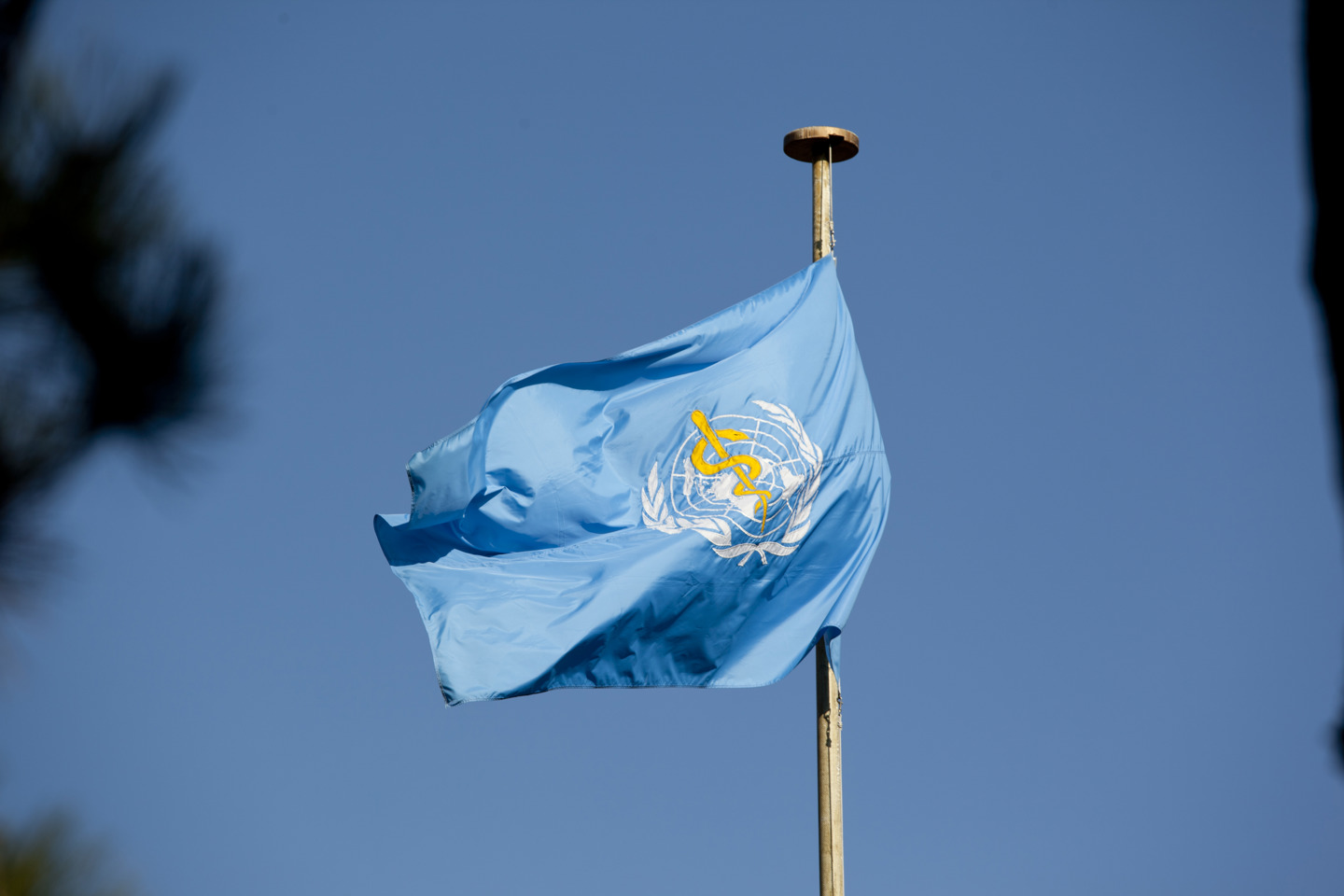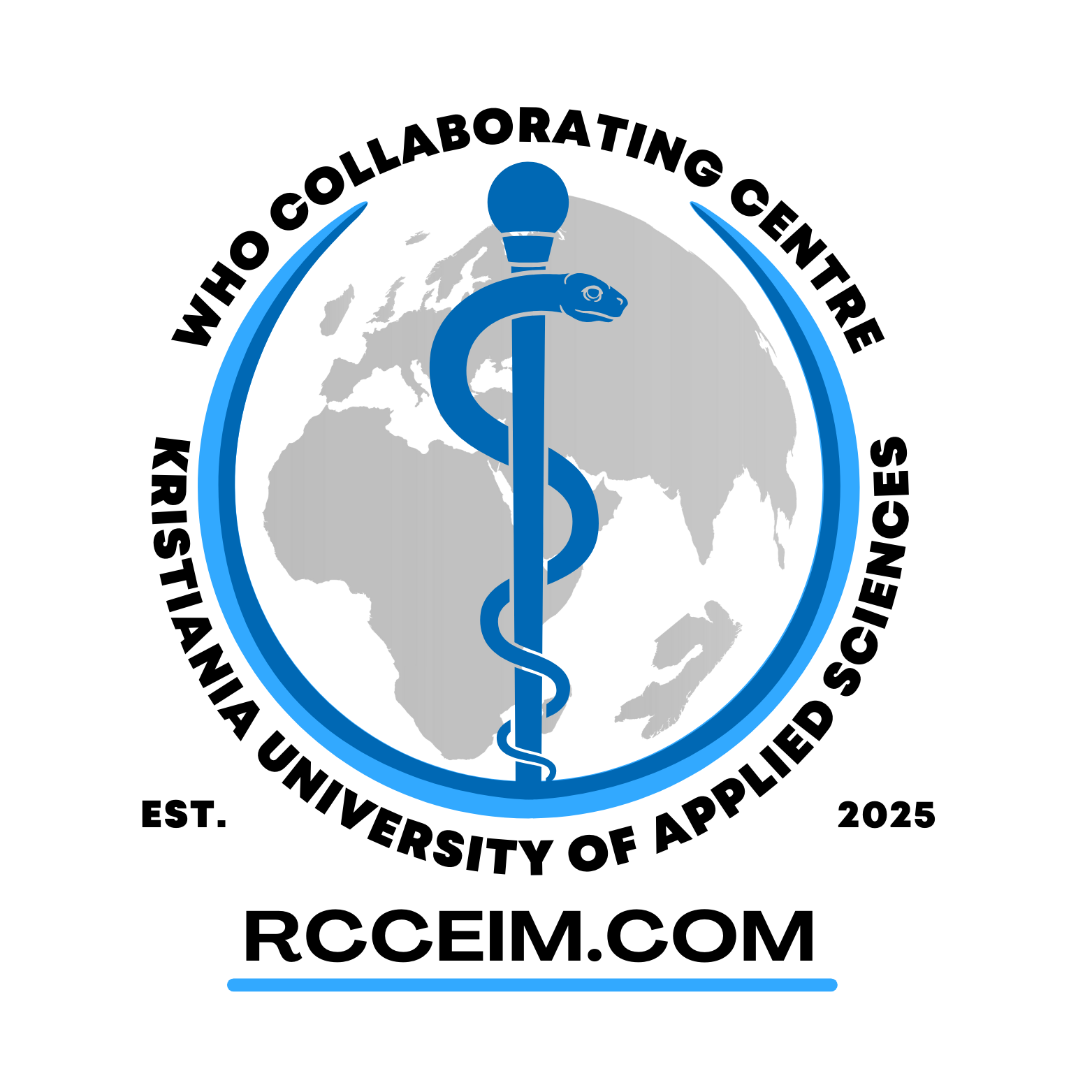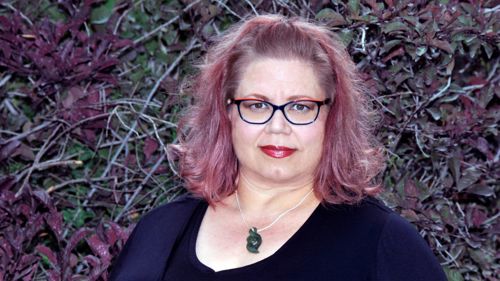WHO Collaborating Center

We work to strengthen global health preparedness and crisis management through research, capacity building, and practical application of knowledge.
This is the first WHO collaborating center ever launched in the area of risk communication, community engagement and infodemic management (RCCE-IM). Collaborating centers are institutions such as research institutes, university departments or academies that help WHO implement its programmes. This new center joins a network of over 800 WHO collaborating centers in over 80 Member States, working across diverse areas like occupational health to chronic diseases and health technologies.

Our Mission
We combine research and practice to create real impact on public health. Through our work, we develop effective strategies to:
- Manage misinformation in health crises
- Build trust between the population and health authorities
- Ensure that important health information reaches people in an understandable and credible way
Speech by Rector Trine J. Meza at the Opening of the Center
And a special welcome to those of you joining us online from all over Europe — we’re very pleased to have you with us and hope you’ll find today’s discussions engaging and insightful.
What an exciting day for Kristiania University of Applied Sciences!
It’s truly a pleasure to welcome you all to this special occasion as we officially launch the WHO Collaborating Centre for Risk Communication, Community Engagement, and Infodemic Management. This marks a big step forward—not just for our university, but for Norwegian, as well as global, public health and emergency preparedness.
First, a huge thank you to the World Health Organization for trusting us with this important role. We are truly honored to be part of a network dedicated to strengthening health security around the world. Your collaboration means everything to us.
A special thank you to Professor Audra Diers-Lawson. Audra, your expertise, dedication, and passion for risk communication and community engagement have been key in making this happen. Your work has already had a profound impact, and we thank you for positioning Kristiania as a leader in this vital field. We’re lucky to have you leading this initiative, and I know this centre is in excellent hands.
Today, we celebrate not only the launch of this centre but also the values that underpin it—trust, engagement, and evidence-based action.
In 2015, the World Health Organization's (WHO) introduced a strategic shift which aimed to bridge the gap between medical workers and communication professionals. This change was driven by the recognition that poor communication and the complexity of conveying vital health messages often led to disinformation and compromised interventions.
This strategic shift was prompted by the end of the Millennium Development Goals (MDGs) era and the adoption of the Sustainable Development Goals (SDGs), which highlighted the need for more integrated and effective communication strategies to achieve global health objectives.
The importance of this strategy became even more evident during the COVID-19 pandemic. In response to the crisis, the WHO established an advisory group to provide feedback to medical practitioners on community involvement and communication. This initiative proved to be highly successful, leading to the formation of WHO collaborating groups that continue to enhance the effectiveness of health interventions through improved communication.
Today, we will explore the lessons learned from these efforts, the ongoing challenges, and the future of integrating communication strategies in global health initiatives.
This centre will work to ensure that health authorities, governments, and communities are better equipped to respond swiftly and effectively in times of crisis.
For Kristiania, this is also a significant milestone in our journey. It strengthens our reputation, expands our potential for international collaborations, and reinforces our commitment to research that makes a difference in the real world.
And let’s not forget our students and faculty! This centre will open great opportunities—new research projects, hands-on training, and the chance to work with leading experts in the field. It’s an exciting time to be part of Kristiania.
So, to everyone here today—researchers, students, our guests from the WHO all of you—I invite you to be part of Kristianias journey. Let’s make this centre a hub of knowledge, innovation, and real-world impact. Together, we can shape the future of public health communication.
Once again, thank you to WHO, thank you Audra, and thank you to all of you for being here to celebrate this moment. I look forward to seeing what we can achieve together.
Thank you!
Our Main Activities
Research and Development
We conduct high-quality research to design and implement effective RCCE-IM solutions. This includes developing practical tools and interactive databases for crisis management.
Capacity Building
We offer training programs and work closely with decision-makers to strengthen expertise in RCCE-IM within the health sector.
Global Network
As part of WHO's network of over 800 collaborative centers in more than 80 countries, we contribute to knowledge sharing and best practices internationally.
